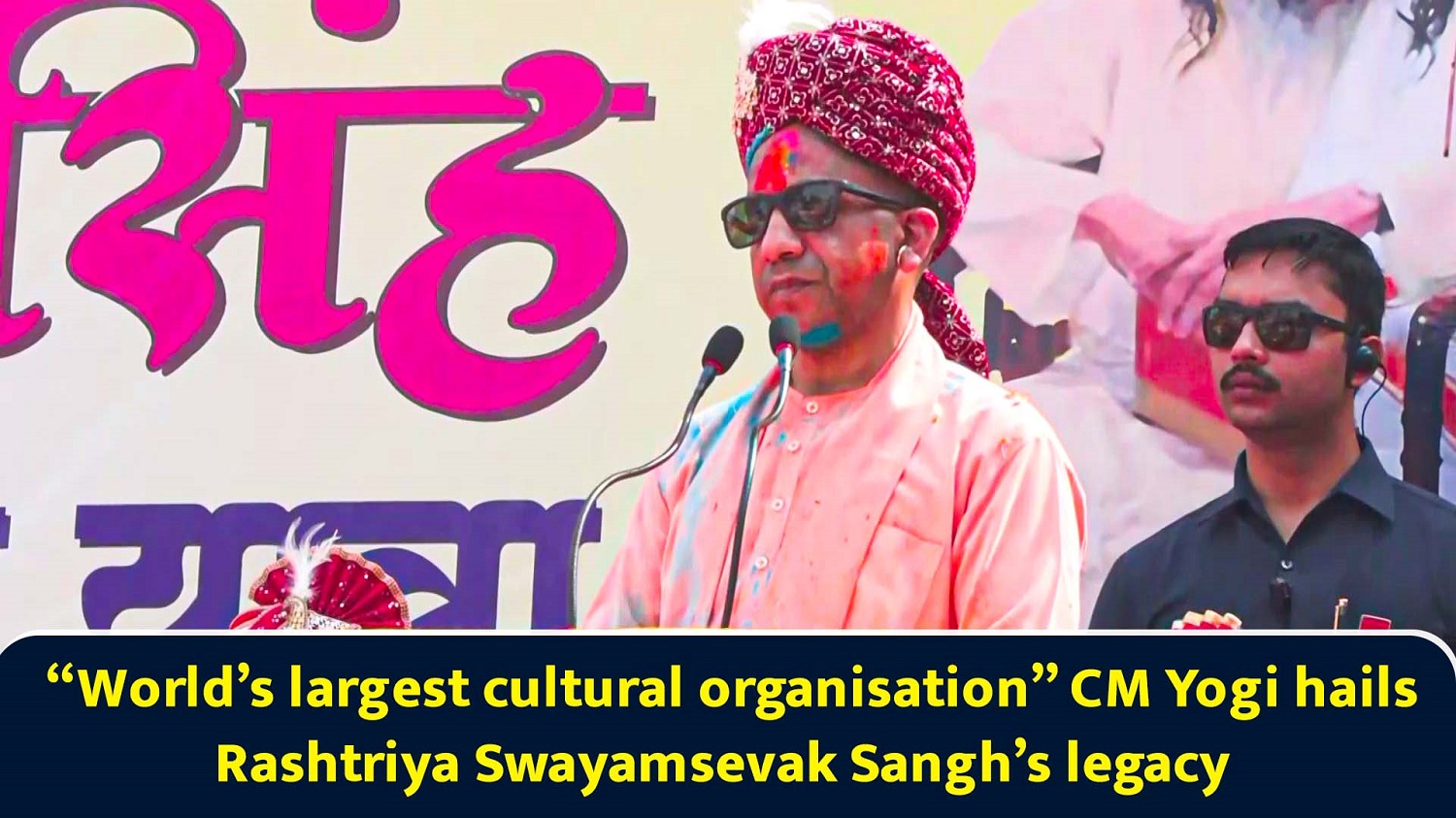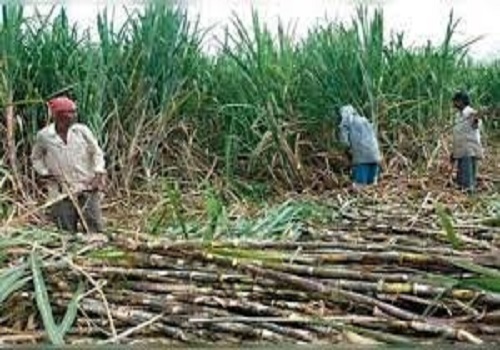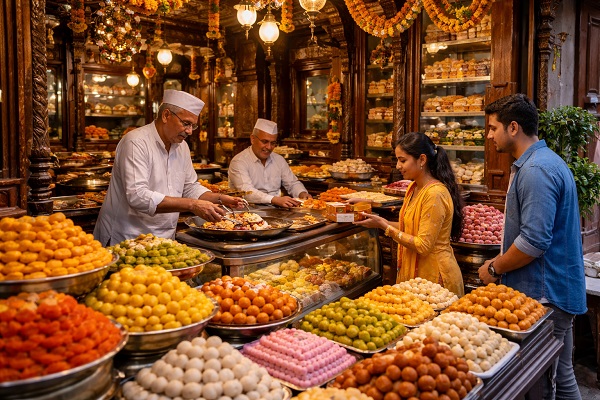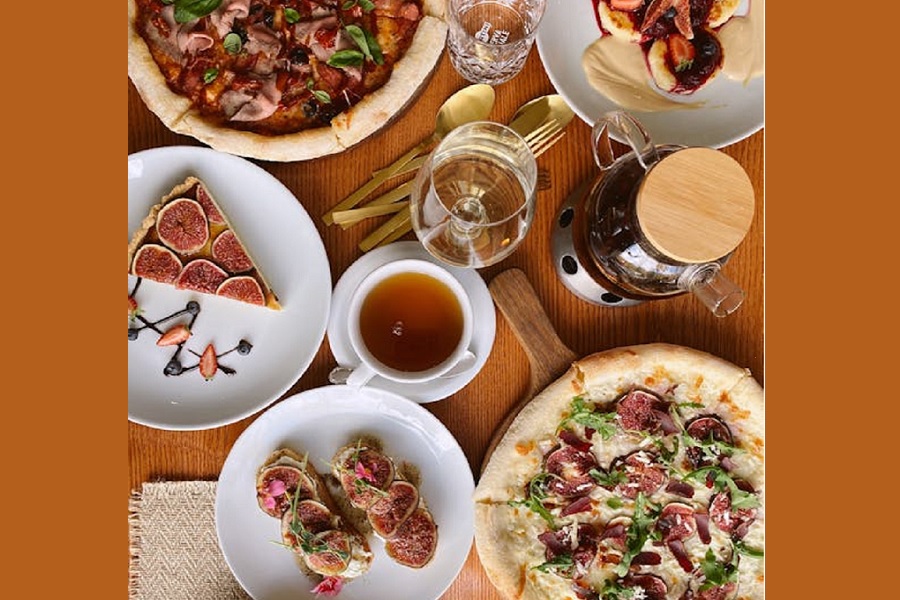“Savoring Moments: How Food Tourism Brings People Together”

The image above, capturing a joyful picnic shared among friends, perfectly illustrates the heart of food tourism — experiencing local culture through the flavors, settings, and shared moments that meals create. Whether it's a gourmet food tour, a vineyard tasting, or a simple picnic with locally sourced produce, food tourism is about more than just eating — it’s about connection, discovery, and celebration.
What Is Food Tourism?
Food tourism, also known as culinary tourism or gastronomy tourism, is the act of traveling for a taste of place. It involves exploring new destinations through their food traditions, street markets, cooking classes, and unique local ingredients. As travelers crave more authentic and immersive experiences, food has become a central focus of the journey.
The Social Side of Food Travel
As shown in the image, food brings people together. It fosters laughter, conversation, and storytelling — even among strangers. Whether gathered around a rustic table in a vineyard, a bustling street food stall, or a blanket in a city square, food tourism thrives on these shared moments.
A picnic like the one in the image might include:
Artisanal bread and cheeses from local bakeries and creameries
Seasonal fruits like grapes, berries, and citrus from nearby farms
Baked treats or pastries from a regional café
Herbal teas or wines reflecting local ingredients and traditions
This kind of simple, thoughtful meal reflects the growing popularity of slow, sustainable, and meaningful travel experiences.
Food Tourism Trends Around the World
Farm-to-Table Experiences – Touring organic farms and eating what you help harvest.
Local Markets & Tastings – Visiting morning produce markets, spice bazaars, and sampling street snacks.
Cooking Classes – Learning to make authentic dishes from local chefs or grandmothers.
Wine & Craft Beverage Tours – Exploring vineyards, breweries, and distilleries rooted in the region.
Cultural Picnics – Like the one in the image, offering scenic, relaxed meals with regional specialties.
Why Food Tourism Matters
Cultural Connection: Food is a gateway to tradition, history, and identity.
Sustainability: Supporting local farmers and makers boosts regional economies.
Memorable Experiences: Flavors create powerful memories linked to places.
Inclusivity: Whether luxury dining or casual snacking, food tourism is accessible at all levels.
























